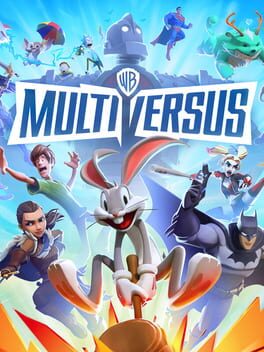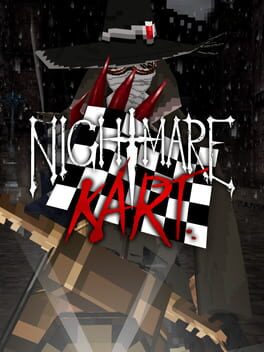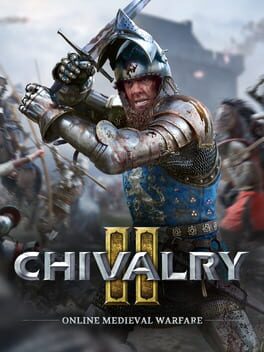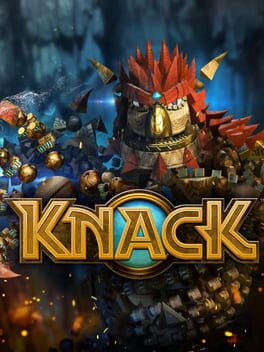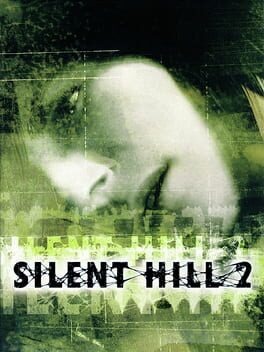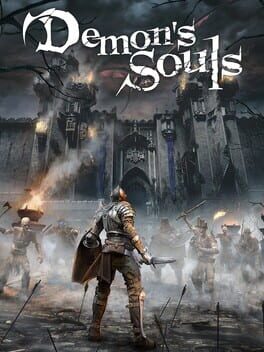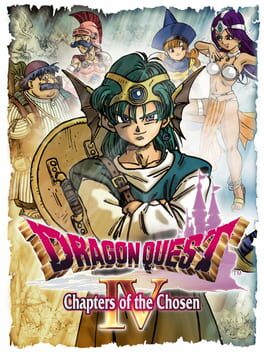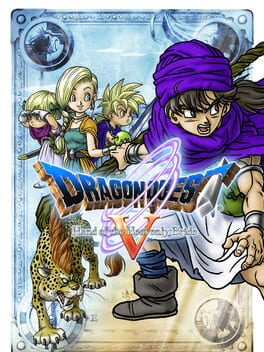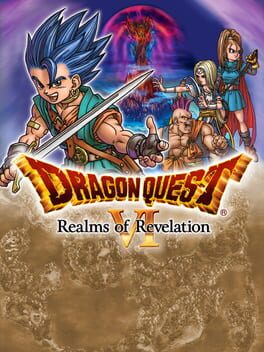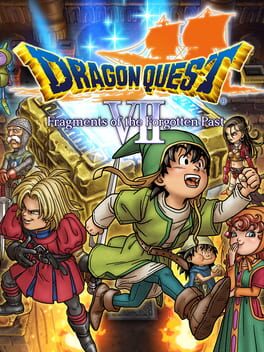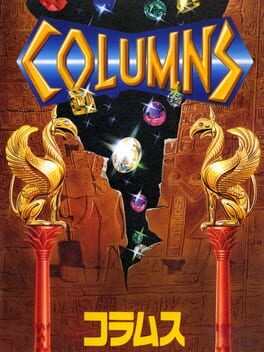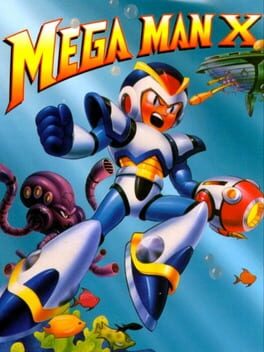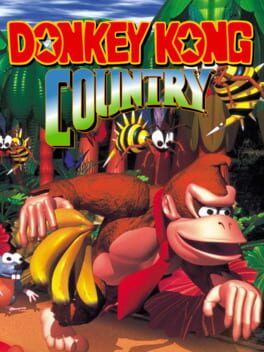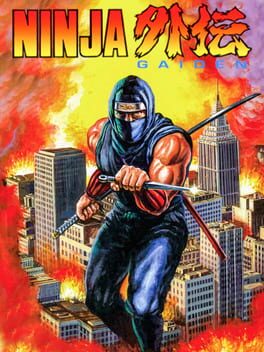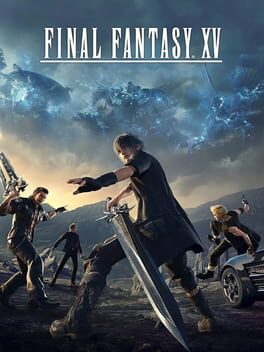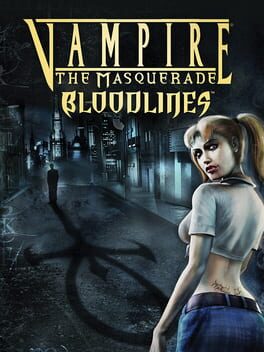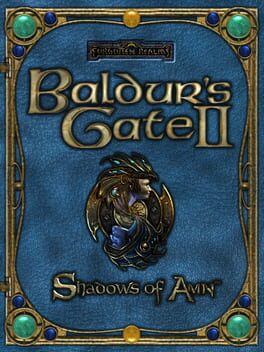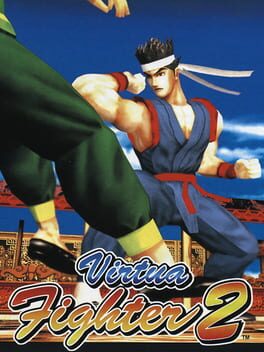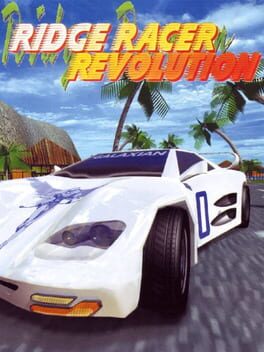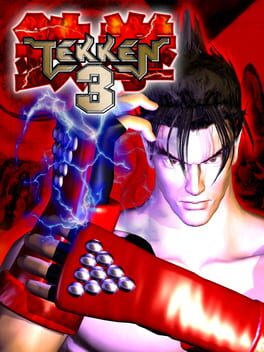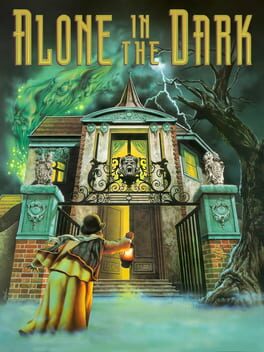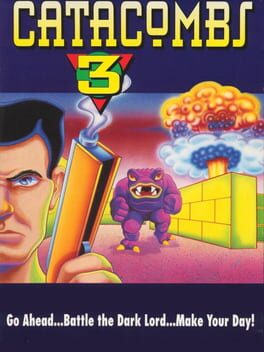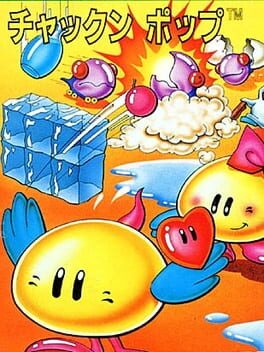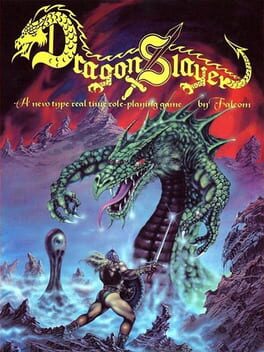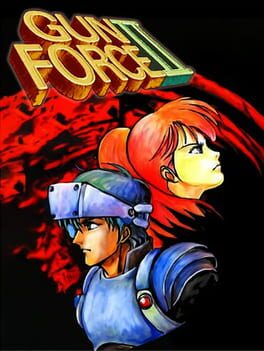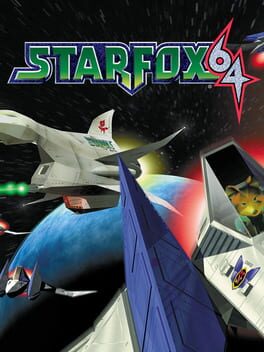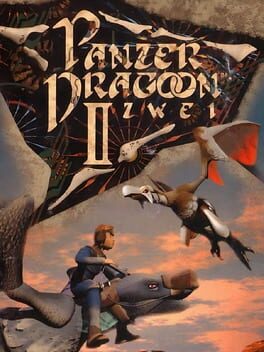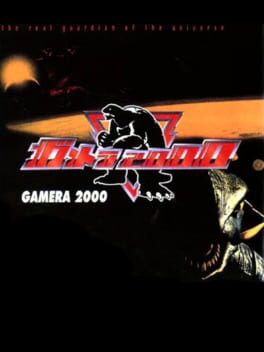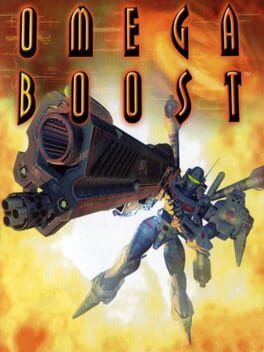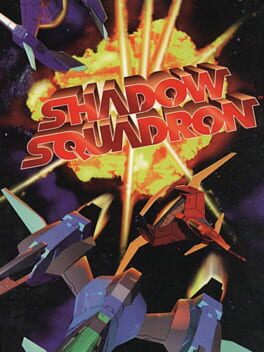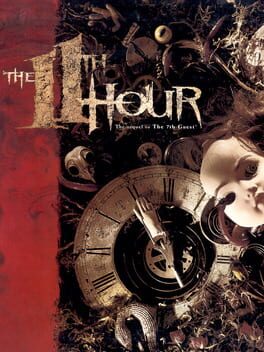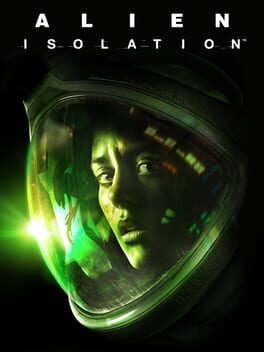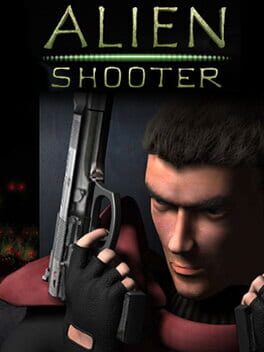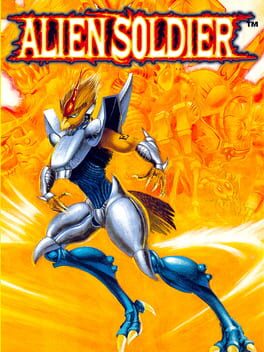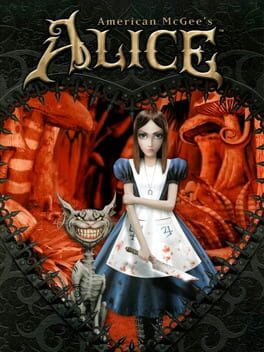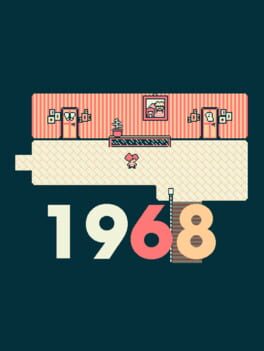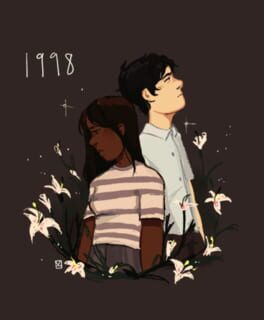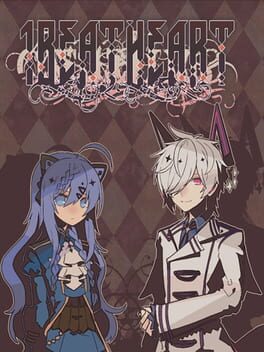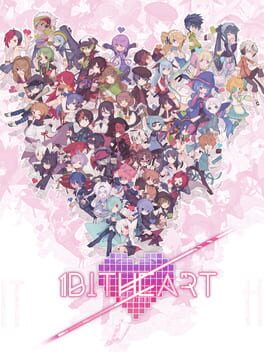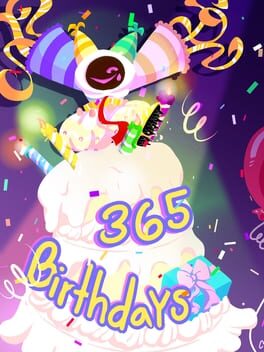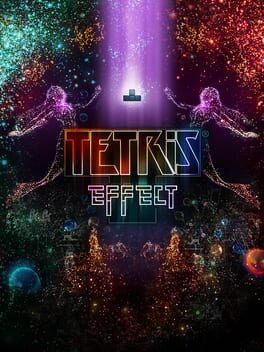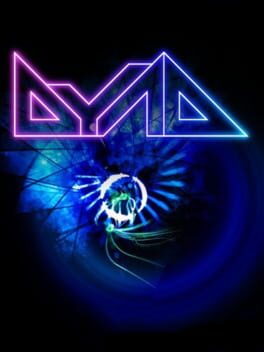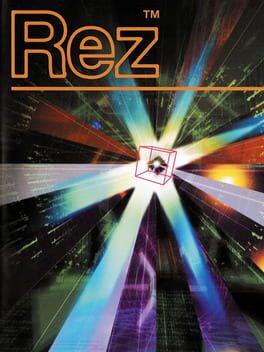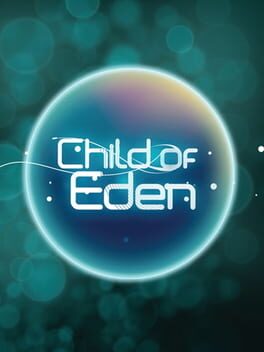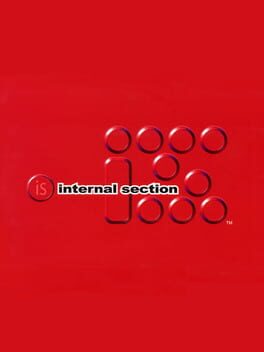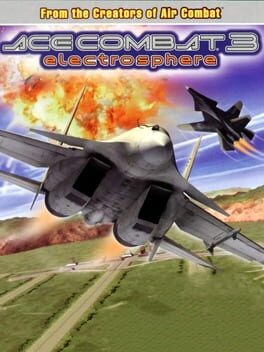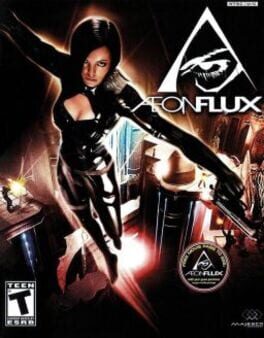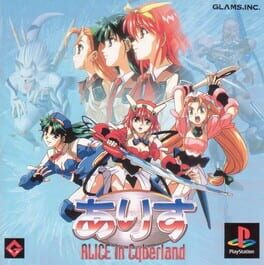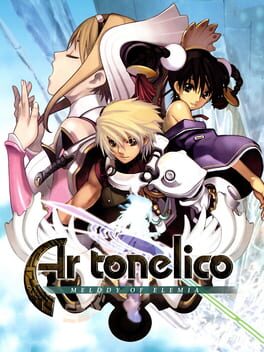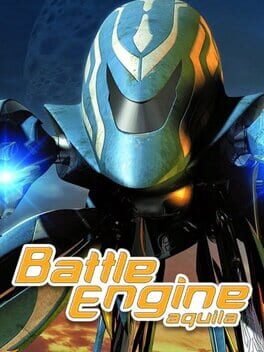Coconut99
276 reviews liked by Coconut99
Death Stranding
2019
Forget about the whole narrative of "Death Stranding is unique because no other developer would make a game about just walking across open world and doing deliveries." Anyone who thinks like that don't know a single thing about video games (also somehow doesn't know games like Euro Truck exists). The achievement of this game has nothing to do with how "novel" it is with its core theme or some bullshit.
Death Stranding is great because gameplay mechanics supporting the idea of doing deliveries are thoroughly and meticulously systematized and game-ified that their feedback loops are incredibly addicting, while also buttressing the core conceptual themes of connection, being alone and altruism. Kojima and his team made sure that fetch quests are fun not just because of the instant gratification of achieving grades at the end and people giving you likes, but because of your own planning before making the delivery and making sure you are going through your routes while in full understanding of your current resources. Once you begin to see the larger picture and build network of roads and ziplines, the game now becomes something else, testing you to be as efficient as possible, and rewarding you for being smart.
Kojima has always loved systemic gameplay, but he always understood how to balance it out to make sure it's manageable, localized and most importantly, exploitable. Death Stranding is no exception. The game's focus is in the systemic exploration, but unlike other emergent open world games and "immersive sims," Death Stranding is not about emergent experiences; it's about constantly dangling the carrot of "you can be even more efficient here." And it's damn good at amplifying that gameplay loop. But instead of the pursuit of efficiency diminishing the humanity of the narrative and the world, it makes it stronger because you are creating these "strands" tighter and tighter.
Death Stranding is great because gameplay mechanics supporting the idea of doing deliveries are thoroughly and meticulously systematized and game-ified that their feedback loops are incredibly addicting, while also buttressing the core conceptual themes of connection, being alone and altruism. Kojima and his team made sure that fetch quests are fun not just because of the instant gratification of achieving grades at the end and people giving you likes, but because of your own planning before making the delivery and making sure you are going through your routes while in full understanding of your current resources. Once you begin to see the larger picture and build network of roads and ziplines, the game now becomes something else, testing you to be as efficient as possible, and rewarding you for being smart.
Kojima has always loved systemic gameplay, but he always understood how to balance it out to make sure it's manageable, localized and most importantly, exploitable. Death Stranding is no exception. The game's focus is in the systemic exploration, but unlike other emergent open world games and "immersive sims," Death Stranding is not about emergent experiences; it's about constantly dangling the carrot of "you can be even more efficient here." And it's damn good at amplifying that gameplay loop. But instead of the pursuit of efficiency diminishing the humanity of the narrative and the world, it makes it stronger because you are creating these "strands" tighter and tighter.
Silent Hill 2
2001
As unmatched as Silent Hill 2's atmosphere is at times, with its incredible music and uncanny FMV cutscenes, I really dislike how it tackles the things it's "about". There are no real mysteries to the human unconscious here; it's all been categorized into clearly identifiable 'Themes' and 'Symbolism' based on a skim through the Wikipedia article for Sigmund Freud. There really isn't much room for interpretation or disagreement on what it all means.
The monsters represent James's repressed views toward his sick wife. The nurses represent James's sexual frustrations while visiting his wife at the hospital. Laura represents innocence and redemption. Maria represents an idealized version of his wife that he fails to hold on to. Pyramid Head represents James's endless self-flagellation. The appearance of the empty, decaying town of Silent Hill represents James's empty, decaying life. And I'm not a fan of media that can be boiled down to "this represents this", "x symbolizes y" so cleanly. It's so... sterile - like going through some kind of intro course for being able to identify themes and symbolism in art.
It's fitting then that the literal exploration of James's unconscious is similarly trivial. The game will present you with an initially daunting and unsettling place: an abandoned hospital, a labyrinthine prison - and then, right at the entrance, it hands you a map. As you explore, James marks down doors, dead ends, and puzzles, systematically demystifying anything uncertain about this place, revealing the artifice of all of this. It's just a crude process of elimination; walking door to door, checking each one off of a list. This is the problem with video games as a medium for horror: The tendency is to represent everything as a concrete, understandable 'system' or 'game mechanic' that sabotages any sense of confronting the unknown. These dilapidated ruins we explore throughout the game sure have an air of uncertainty, but in terms of our actual interaction with them, they're just video game levels, like any other.
The architecture of these spaces isn't very creative either. If you ignore all of the horror set dressing, they're mostly just regular buildings. That's unfortunate, because video games as a medium, while not entirely suited to horror, are uniquely suited to experimentation with architecture; they're the one form of media that asks the audience to personally inhabit and navigate a space. And considering Silent Hill is all essentially a dream projection, the developers could have gone in a very surreal direction. But other than a small labyrinth and one section of the hotel, you'll rarely find yourself in truly hostile or confusing geometry - the only real hostility you face is from the monsters.
And when James encounters these personifications of his most shameful repressed thoughts, how does he deal with them? Gun. The joke answer to "How would you make a video game about trauma?" After all, what did you think this was? A nuanced psychological horror/drama, the sort that you would find in an actual artistic medium? This is a video game, dude. Your actual engagement with these complex issues can only be in the most braindead ways imaginable.
Maybe this would be forgivable if the combat had more complexity than the story - but it doesn't. James is supposed to be a wimpy civilian, but thanks to auto-aim he shoots like a trained sniper. Even this would be excusable, though, if it weren't for the essentially limitless ammunition scattered thoughtlessly throughout the map. These two aspects come together to make combat a formality. The only way to really fail is to allow enemies to close distance with you and do melee damage. Then again, health potions are plentiful (and can be used while the game is paused), making even this threat moot. You can try to address these issues by turning the difficulty up, but this just turns the monsters into bullet sponges. That may fix the overabundance of ammo, but it also heightens the core absurdity of this game; you'll find yourself standing there, mashing square to unload shell after shell into a video game monster that represents depression. As you do that, ask yourself: is this really the height of "interactive art" or whatever people claim this game is?
Maybe my attitude toward SH2 is unfair; I will admit that the devs continuing to answer questions and debunk fan theories online 20 years later gives me a less favorable outlook. It could be my fault for letting content outside of the game ruin it for me. But I don't think that's completely it. The game itself seems to eschew any subtlety in its message, and the developers openly explaining the game's meaning online seems like a continuation of that lack of subtlety. I honestly think even the Metal Gear Solid series has infinitely more layers of hidden thematic meaning than anything you'll find here.
One thing I will give the game credit for though is how it assigns you an ending based on the psychology of how you play. If you fight recklessly and always seem to be an inch from death, the game is more likely to end with James taking his own life - reflecting the player's apparent death drive. And examining the knife (Angela's would-be suicide weapon) too many times can also result in James's own suicide; a great representation of suicide as a social contagion. Even if James retains the will to live, getting too attached to Maria will result in an ending where he loses all grip on reality. To achieve true redemption for James, the player must keep him in good health, avoid contemplating suicide, and keep Maria at arm's length while respecting the memory of his wife. This is a genuinely innovative way to implement psychological storytelling in a video game and I haven't seen anything else like it. And most importantly, this process is entirely mystified to the player; you don't see a tally of "depression points" or a scale between Mary and Maria telling you which ending you're leaning towards as you play. Unless you read the wiki, the game's process of assigning you an ending is a complete mystery - as it should be.
It's a shame the rest of the mechanics are so by-the-numbers, because this game's stellar art design deserved equally creative game design. And while it may have been a milestone for video game storytelling in 2001 (but then again, was it really?), I honestly think the medium has done a lot better, before and since.
The monsters represent James's repressed views toward his sick wife. The nurses represent James's sexual frustrations while visiting his wife at the hospital. Laura represents innocence and redemption. Maria represents an idealized version of his wife that he fails to hold on to. Pyramid Head represents James's endless self-flagellation. The appearance of the empty, decaying town of Silent Hill represents James's empty, decaying life. And I'm not a fan of media that can be boiled down to "this represents this", "x symbolizes y" so cleanly. It's so... sterile - like going through some kind of intro course for being able to identify themes and symbolism in art.
It's fitting then that the literal exploration of James's unconscious is similarly trivial. The game will present you with an initially daunting and unsettling place: an abandoned hospital, a labyrinthine prison - and then, right at the entrance, it hands you a map. As you explore, James marks down doors, dead ends, and puzzles, systematically demystifying anything uncertain about this place, revealing the artifice of all of this. It's just a crude process of elimination; walking door to door, checking each one off of a list. This is the problem with video games as a medium for horror: The tendency is to represent everything as a concrete, understandable 'system' or 'game mechanic' that sabotages any sense of confronting the unknown. These dilapidated ruins we explore throughout the game sure have an air of uncertainty, but in terms of our actual interaction with them, they're just video game levels, like any other.
The architecture of these spaces isn't very creative either. If you ignore all of the horror set dressing, they're mostly just regular buildings. That's unfortunate, because video games as a medium, while not entirely suited to horror, are uniquely suited to experimentation with architecture; they're the one form of media that asks the audience to personally inhabit and navigate a space. And considering Silent Hill is all essentially a dream projection, the developers could have gone in a very surreal direction. But other than a small labyrinth and one section of the hotel, you'll rarely find yourself in truly hostile or confusing geometry - the only real hostility you face is from the monsters.
And when James encounters these personifications of his most shameful repressed thoughts, how does he deal with them? Gun. The joke answer to "How would you make a video game about trauma?" After all, what did you think this was? A nuanced psychological horror/drama, the sort that you would find in an actual artistic medium? This is a video game, dude. Your actual engagement with these complex issues can only be in the most braindead ways imaginable.
Maybe this would be forgivable if the combat had more complexity than the story - but it doesn't. James is supposed to be a wimpy civilian, but thanks to auto-aim he shoots like a trained sniper. Even this would be excusable, though, if it weren't for the essentially limitless ammunition scattered thoughtlessly throughout the map. These two aspects come together to make combat a formality. The only way to really fail is to allow enemies to close distance with you and do melee damage. Then again, health potions are plentiful (and can be used while the game is paused), making even this threat moot. You can try to address these issues by turning the difficulty up, but this just turns the monsters into bullet sponges. That may fix the overabundance of ammo, but it also heightens the core absurdity of this game; you'll find yourself standing there, mashing square to unload shell after shell into a video game monster that represents depression. As you do that, ask yourself: is this really the height of "interactive art" or whatever people claim this game is?
Maybe my attitude toward SH2 is unfair; I will admit that the devs continuing to answer questions and debunk fan theories online 20 years later gives me a less favorable outlook. It could be my fault for letting content outside of the game ruin it for me. But I don't think that's completely it. The game itself seems to eschew any subtlety in its message, and the developers openly explaining the game's meaning online seems like a continuation of that lack of subtlety. I honestly think even the Metal Gear Solid series has infinitely more layers of hidden thematic meaning than anything you'll find here.
One thing I will give the game credit for though is how it assigns you an ending based on the psychology of how you play. If you fight recklessly and always seem to be an inch from death, the game is more likely to end with James taking his own life - reflecting the player's apparent death drive. And examining the knife (Angela's would-be suicide weapon) too many times can also result in James's own suicide; a great representation of suicide as a social contagion. Even if James retains the will to live, getting too attached to Maria will result in an ending where he loses all grip on reality. To achieve true redemption for James, the player must keep him in good health, avoid contemplating suicide, and keep Maria at arm's length while respecting the memory of his wife. This is a genuinely innovative way to implement psychological storytelling in a video game and I haven't seen anything else like it. And most importantly, this process is entirely mystified to the player; you don't see a tally of "depression points" or a scale between Mary and Maria telling you which ending you're leaning towards as you play. Unless you read the wiki, the game's process of assigning you an ending is a complete mystery - as it should be.
It's a shame the rest of the mechanics are so by-the-numbers, because this game's stellar art design deserved equally creative game design. And while it may have been a milestone for video game storytelling in 2001 (but then again, was it really?), I honestly think the medium has done a lot better, before and since.
MultiVersus
2022
Nightmare Kart
2024
Chivalry 2
2021
Chivalry 2
2021
Has very quickly become my go-to "I have fifteen minutes, lets gaming" game. The matches are just the right length for a pick-up-and-play session and the combat has just the right level of depth to reward smart-not-hard play.
The initial tutorial feels incredibly intimidating, but it's pleasantly surprising how quickly the combat triangle begins to make sense; it's a very intuitive and execution-light version of the fighting game attack-throw-overhead wheel, with a bit of Counter-Strike knife duelling thrown in for good measure. The beauty of the system is that while it rewards solid execution and micro-tactical decision-making, the game is still more than happy to reward you for stepping outside the tryhard metagame to hurl a broom from 100 yards away or drop a barrel down a bottlenecking staircase like you're a fucking Ye Olde Donkey Kong. When I stood on top of a trebuchet hoping to physics-glitch my way to the front battlements, I was overjoyed to realise the game had fully expected players to do that and played a unique voice line and animation. Just pure dumb multiplayer joy from start to finish.
Not only is the game really fun to control, it's also really fun to just experience and take part in. The developers have fully embraced the stupidity of their quasi-medieval setting and crammed this thing full of himbo heraldry and ironic-macho chit-chat about the indignity of war and middle age(s) life, which ends up giving the whole thing an almost Terry Pratchett vibe. It's hard to get mad about being decapitated when it prompts your opposing number to do a thuggish Eng-er-land football chant about pissing down your neck. And even when you lag at the bottom of the leaderboard, chances are you'll get to see five guys 300mph ragdoll away from a catapult boulder or watch someone's head whizz off like a golf ball when it's struck by a warhammer. Bladdy 'ell my liege/guvna!! More of this "OTT Euro 2020 fanzone gone wrong" vibe, please. Long may it continue. Chivalry is not dead.
(FULL DISCLOSURE: At the end of a quick play match I got a connection error but my XP bar continued to fill for 25(!) ranks, presumably because the XP filling is somehow tied to an animation or the match itself ending. This accidental XP/gold bribe may have influenced my perception of the game. )
The initial tutorial feels incredibly intimidating, but it's pleasantly surprising how quickly the combat triangle begins to make sense; it's a very intuitive and execution-light version of the fighting game attack-throw-overhead wheel, with a bit of Counter-Strike knife duelling thrown in for good measure. The beauty of the system is that while it rewards solid execution and micro-tactical decision-making, the game is still more than happy to reward you for stepping outside the tryhard metagame to hurl a broom from 100 yards away or drop a barrel down a bottlenecking staircase like you're a fucking Ye Olde Donkey Kong. When I stood on top of a trebuchet hoping to physics-glitch my way to the front battlements, I was overjoyed to realise the game had fully expected players to do that and played a unique voice line and animation. Just pure dumb multiplayer joy from start to finish.
Not only is the game really fun to control, it's also really fun to just experience and take part in. The developers have fully embraced the stupidity of their quasi-medieval setting and crammed this thing full of himbo heraldry and ironic-macho chit-chat about the indignity of war and middle age(s) life, which ends up giving the whole thing an almost Terry Pratchett vibe. It's hard to get mad about being decapitated when it prompts your opposing number to do a thuggish Eng-er-land football chant about pissing down your neck. And even when you lag at the bottom of the leaderboard, chances are you'll get to see five guys 300mph ragdoll away from a catapult boulder or watch someone's head whizz off like a golf ball when it's struck by a warhammer. Bladdy 'ell my liege/guvna!! More of this "OTT Euro 2020 fanzone gone wrong" vibe, please. Long may it continue. Chivalry is not dead.
(FULL DISCLOSURE: At the end of a quick play match I got a connection error but my XP bar continued to fill for 25(!) ranks, presumably because the XP filling is somehow tied to an animation or the match itself ending. This accidental XP/gold bribe may have influenced my perception of the game. )
Knack
2013
Silent Hill 2
2012
Hi-Fi Rush
2023
Fuck Microsoft for closing Tango Gameworks, Hi-Fi Rush owns. Rarely has an action game felt so intuitive and effortless. The sheer adrenaline I got from the soundtrack makes me want to replay it almost immediately. I literally jumped of my chair during the cantina scene, although I already knew the song was in the game. And I did it again during the wolf boss iykyk. As a big fan of rhythm games and an average character action game enjoyer gameplay-wise I'd say Hi-Fi Rush feels almost perfect.
My only criticism is that the story feels sort of bland for most of it and is just set-dressing, the characters feel severely under-cooked and especially the overall message the story carries is one I highly disagree with. I'm okay with the story being mid, but I can't unsee that all being worked towards here is a different person running the company, instead of the guy who developed the literal mind control machine. Never mind that the basic structure of exploitation and the drive to do everything for money (which is what some characters heavily criticize throughout the story) are still in place. Everything the game says against corporatism is very very surface level and in some instances even funny in dialogue, but never brings the thought to an end. That doesn't mean, that there are no funny observation about corporatism and the ins and outs of a production line in this game. The analogy works very well in the realm of games production too, which gives the satire a little more punch and a sad undertone, considering that whatever the joke at hand, has probably happened to multiple people on the team. Game development just sucks.
As a game overall, Hi-Fi rush is a banger from start to finish and I can't recommend it enough, which is something I didn't want to negate with my critique. These are just things I picked up on and disagree with.
My only criticism is that the story feels sort of bland for most of it and is just set-dressing, the characters feel severely under-cooked and especially the overall message the story carries is one I highly disagree with. I'm okay with the story being mid, but I can't unsee that all being worked towards here is a different person running the company, instead of the guy who developed the literal mind control machine. Never mind that the basic structure of exploitation and the drive to do everything for money (which is what some characters heavily criticize throughout the story) are still in place. Everything the game says against corporatism is very very surface level and in some instances even funny in dialogue, but never brings the thought to an end. That doesn't mean, that there are no funny observation about corporatism and the ins and outs of a production line in this game. The analogy works very well in the realm of games production too, which gives the satire a little more punch and a sad undertone, considering that whatever the joke at hand, has probably happened to multiple people on the team. Game development just sucks.
As a game overall, Hi-Fi rush is a banger from start to finish and I can't recommend it enough, which is something I didn't want to negate with my critique. These are just things I picked up on and disagree with.
Silent Hill 2
2001
silentchad2004:
using data mining, conventional mining, divination, and star charts I've uncovered shocking lore implications involving the 1999 teen choice awards, eddie's skull circumference, and the last herakleopolitan pharaohs that challenge everything you thought you knew about james. it all starts with the hex code for his jacket, which I'm sure many of you already noticed is #303828, a clear reference to the roland TB-303 commonly used in chicago acid house. to understand this better we'll first need to return to the topic of jean baptiste point du sable's whereabouts in 1780 and how they tie in directly with merikare of the 10th dynasty[...]
the fans:
obviously. it's soo obvious
masahiro ito:
😭😭😭
using data mining, conventional mining, divination, and star charts I've uncovered shocking lore implications involving the 1999 teen choice awards, eddie's skull circumference, and the last herakleopolitan pharaohs that challenge everything you thought you knew about james. it all starts with the hex code for his jacket, which I'm sure many of you already noticed is #303828, a clear reference to the roland TB-303 commonly used in chicago acid house. to understand this better we'll first need to return to the topic of jean baptiste point du sable's whereabouts in 1780 and how they tie in directly with merikare of the 10th dynasty[...]
the fans:
obviously. it's soo obvious
masahiro ito:
😭😭😭
97 lists liked by Coconut99
by fascinator |
21 Games
by chandler |
85 Games
by CorpsSansOrganes |
123 Games
by KB0 |
52 Games
by Funbil |
75 Games
by CorpsSansOrganes |
155 Games
by ouroborostxt |
759 Games
by PansyDragoonSaga |
62 Games
by chandler |
114 Games


